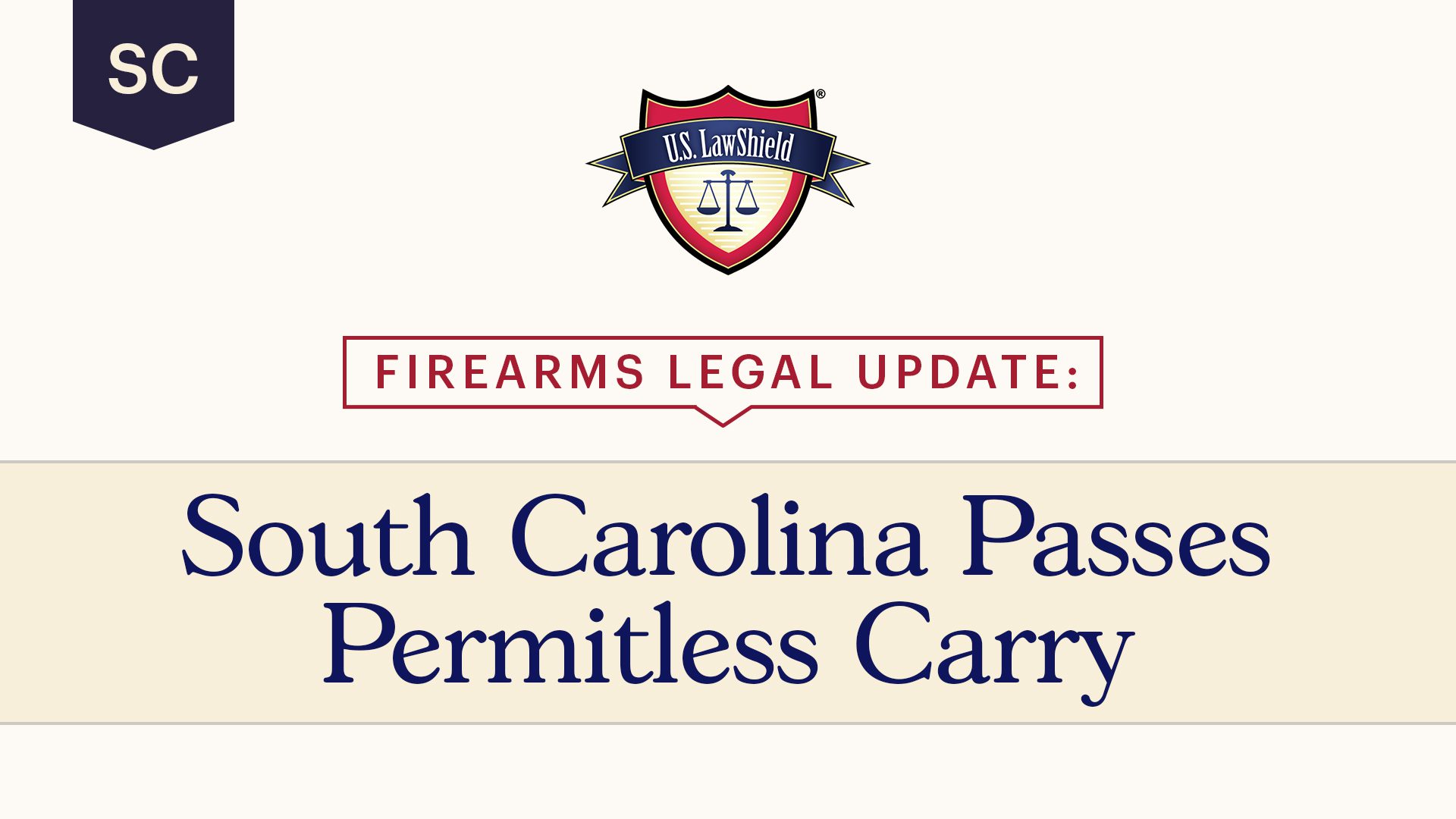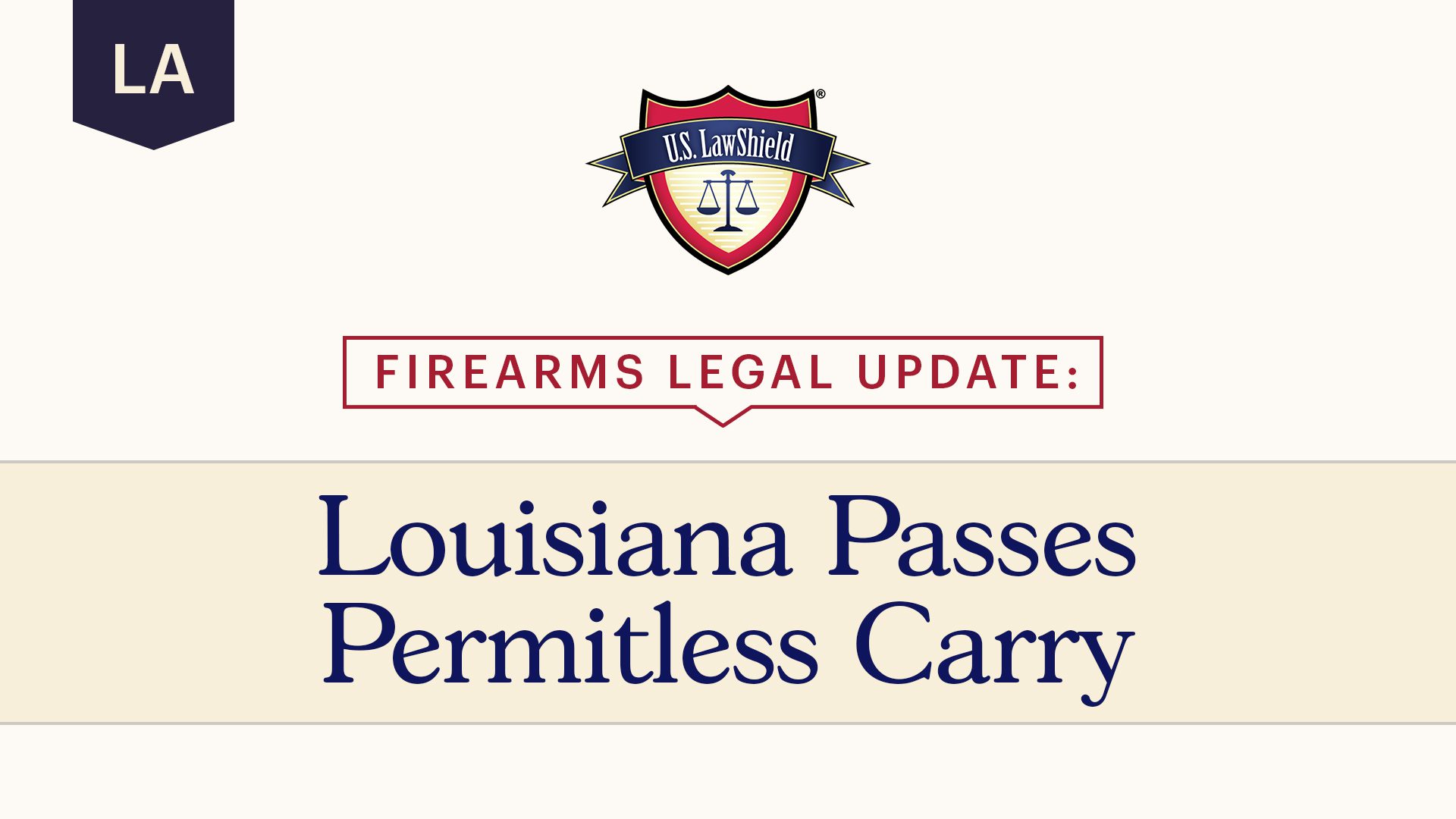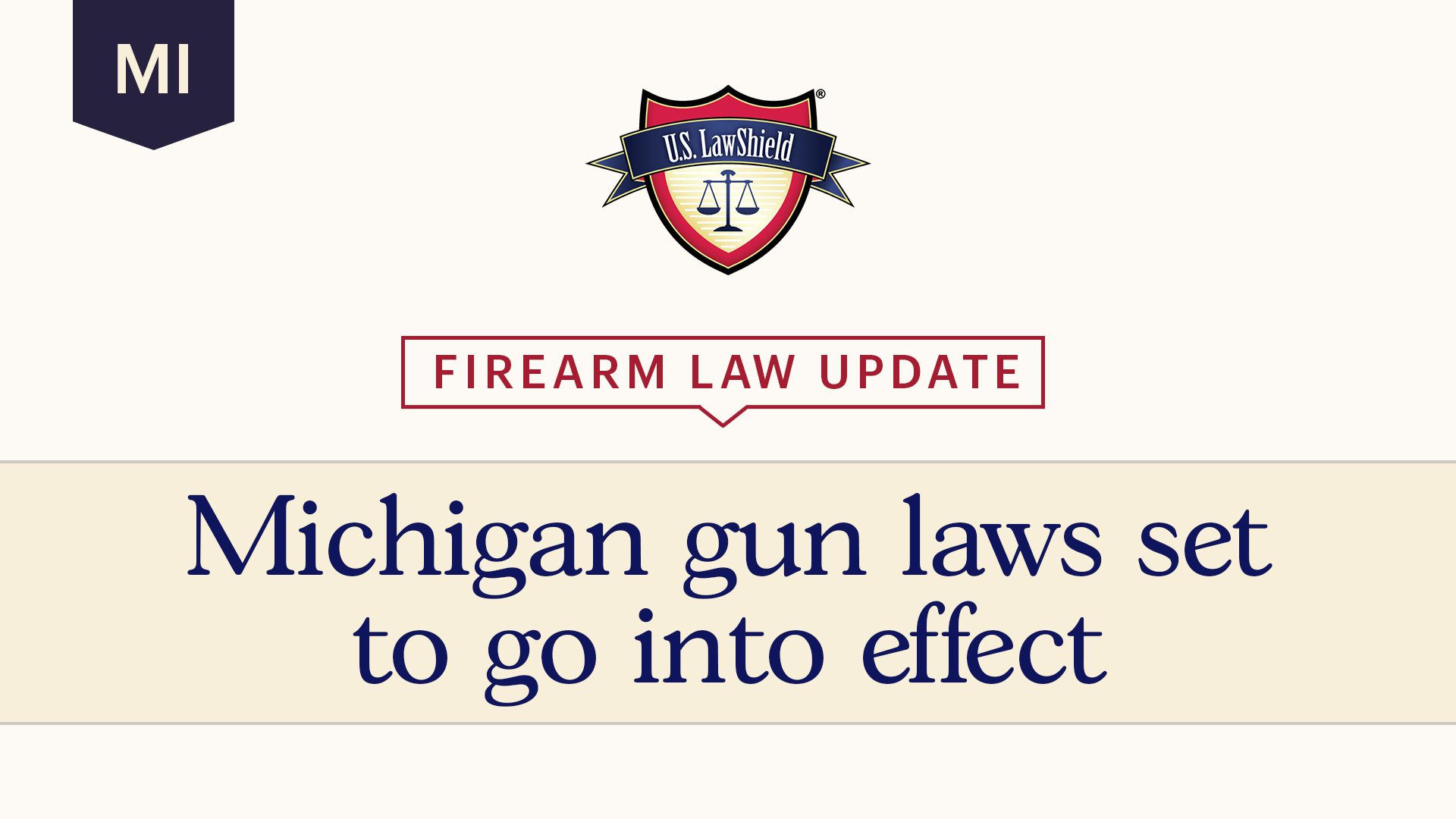
School is coming back into session. In light of the coronavirus pandemic, different school districts are providing options to participate in person, remotely, or even a combination of the two. If your children will be opting for in-person learning, make sure you know and understand the laws about possessing weapons for self-defense in school zones.
How Does the Law Define School Grounds?
There are state and federal laws that deal with firearms in school zones and on school grounds. First, 18 Pa. C.S. § 912 of the Pennsylvania Crimes Code makes it a crime to possess a weapon in a school building, on school grounds, or in any conveyance providing transportation to or from these places. This prohibition applies to any elementary or secondary educational institution if it’s publicly funded, privately funded schools licensed by the Department of Education, or even parochial schools.
Notice that the prohibition against weapons is not limited solely to school buildings, the law says, “school grounds.” Further, this applies whether or not school is in session even if no students are present.
There’s no definition for what can constitute “school grounds,” but the Superior Court of Pennsylvania has held that a school district administration building was included in the term “elementary or secondary publicly-funded educational institution.” In Commonwealth v. Giordano, the court reasoned that instruction of students took place in the building, and therefore it was considered a school.
In the case of virtual learning, I believe it’s fair to say that your home does not constitute the buildings of, or the grounds of an educational institution or a school. Even if your child is learning in the confines of your home, the home does not belong to the school district or educational institution.
This state law also does not apply to colleges or universities. Colleges or universities might have their own policies restricting possession of weapons, and violations can lead to discipline, expulsion, or removal from the campus, but there is no Pennsylvania law prohibiting weapons on college or university campuses.
What Constitutes a Weapon?
Section 912 defines a weapon, which includes, but isn’t limited to knives, cutting instruments, cutting tools, nun-chuck sticks – yes, the law actually says that – firearms, shotguns, rifles, and any other tool, instrument, or implement capable of inflicting serious bodily injury.
There is a specific defense to the possession offense if the weapon is possessed and used in conjunction with a lawful supervised school activity or course or is possessed for another lawful purpose.
What Qualifies as any “Lawful Purpose?”
The words “other lawful purpose” have been the subject of debate for many years. We got at least some answers from a case called Commonwealth v. Goslin. In that case, a parent who was a carpenter came in for a school conference after work with a 4-inch pocketknife. The Defendant testified that he used the knife for his work as a carpenter and to open cans. The Commonwealth didn’t argue that those were not lawful purposes. The Superior Court of Pennsylvania found that Mr. Goslin’s possession of the knife would fall under the “other lawful purpose” exception. The trial court didn’t allow the jury to consider whether Mr. Goslin had a lawful purpose, so the Superior Court ordered a new trial.
Some people have rushed to say that this case allows a person to carry a firearm on school grounds. While the language would certainly suggest that a lawful purpose could extend to self-defense, to be safe, I’d have to tell you “not so fast.” Even more recently than the Goslin case, the Superior Court, in a footnote, stated that it was inclined to agree with the prosecution that “self-defense is not a lawful purpose for bringing a weapon to school because if it were, any student could bring a weapon to school.” This was a non-precedential decision and the court didn’t directly address the question of whether self-defense constitutes a lawful purpose because the case was decided on other grounds. But it gives us a little insight as to the way the Superior Court sees the issue.
Gun-Free School Zones Act
We must also consider the federal Gun-Free School Zones Act, which with certain exceptions, establishes a 1,000-foot border around schools that is a gun-free zone. Because this is a federal law it applies throughout the United States. There are seven exceptions to the prohibition, one of them being if a person is licensed to carry a firearm by the state in which the school is located.
It’s important to understand that coronavirus response is still developing, so be sure to check with your school district about whether classes will take place in-person or online.
For any questions regarding weapons on a school campus, contact U.S. LawShield and ask to speak to your Independent Program Attorney.
The preceding should not be construed as legal advice nor the creation of an attorney-client relationship. This is not an endorsement or solicitation for any service. Your situation may be different, so please contact your attorney regarding your specific circumstances. Because the laws, judges, juries, and prosecutors vary from location to location, similar or even identical facts and circumstances to those described in this presentation may result in significantly different legal outcomes. This presentation is by no means a guarantee or promise of any particular legal outcome, positive, negative, or otherwise.





Leave A Comment